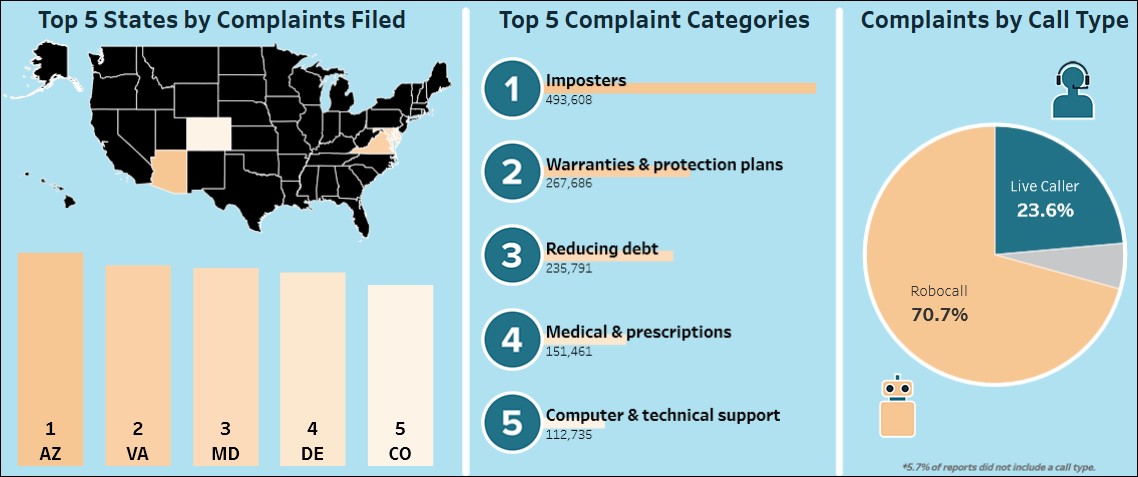KEEP IN TOUCH
Subscribe to our mailing list to get free tips on Data Protection and Cybersecurity updates weekly!







The Federal Communications Commission (FCC) announced earlier this week that phone companies are now required to filter calls from providers who haven’t complied with a deadline to block illegal robocalls that expired on September 28th.
They can only accept calls from voice service providers registered in the Robocall Mitigation Database who have implemented caller ID authentication technology for calls carried made over Internet Protocol (IP) networks or filed a robocall mitigation plan with the FCC.
“This technology is critical to protecting Americans from scams using spoofed robocalls because it erodes the ability of callers to illegally spoof a caller ID, which scammers use to trick Americans into answering their phones when they shouldn’t,” the FCC explains.
“Caller ID authentication technology also allows consumers and law enforcement alike to more readily identify the source of illegal robocalls and reduce their frequency and impact.”
To make it easy to comply with this robocall blocking deadline, the FCC provides an email subscription service that telecom companies can use to keep track of changes to the Robocall Mitigation Database.
Also Read: Top 8 Main PDPA Obligations To Boost And Secure Your Business
The former FCC Chairman Ajit Pai was the one who first asked voice providers to adopt the SHAKEN/STIR caller ID framework in February 2019, with the FCC ordering them [1, 2] to implement the technology after they wouldn’t voluntarily comply.
“The FCC is using every tool we can to combat malicious robocalls and spoofing – from substantial fines on bad actors to policy changes to technical innovations like STIR/SHAKEN,” said FCC Acting Chairwoman Jessica Rosenworcel.
“Today’s deadline establishes a very powerful tool for blocking unlawful robocalls. We will continue to do everything in our power to protect consumers against scammers who flood our homes and businesses with spoofed robocalls.”
As the Federal Trade Commission (FTC) revealed last year, it received roughly 2 million complaints from Americans about unwanted calls, 1.9 million of them regarding robocalls, during the first nine months of 2020.
As part of the same report, the FTC also said that approximately 150 enforcement actions were taken against more than 500 companies and 400 individuals since the US National Do Not Call Registry began accepting registrations 17 years ago.
According to a DoJ press release, the agency also collected over $160 million in civil penalties and equitable monetary relief during the first nine months of 2020.

The FCC has also hit multiple companies and organizations behind illegal robocall campaigns with hundreds of millions in fines in the last few years.
For instance, it issued a $120 million fine against a Florida-based telemarketer in May 2018 for roughly 100 million spoofed robocalls made over just three months.
Another $82 million penalty was issued in September 2018 against a North Carolina-based telemarketer for more than 21 million robocalls that marketed health insurance.
Also Read: 5 Tips In Using Assessment Tools To A Successful Businesses
While in these cases, the FCC was forced to alert the robocallers by issuing citations before finning them, starting with May 2020, the agency no longer has to issues warning before fining unlawful robocallers.
The agency also increased the maximum penalty per robocall to $10,000 and extended the timeframe within which robocallers can be fined to four years since the violations take place.